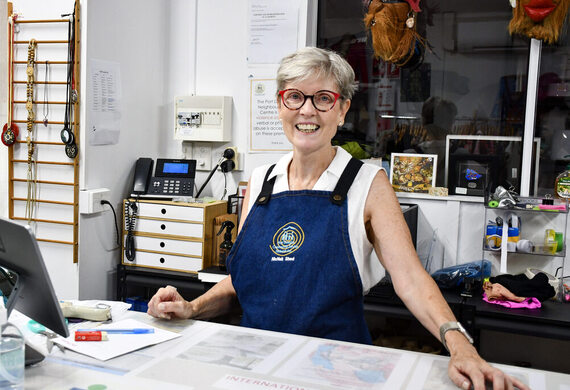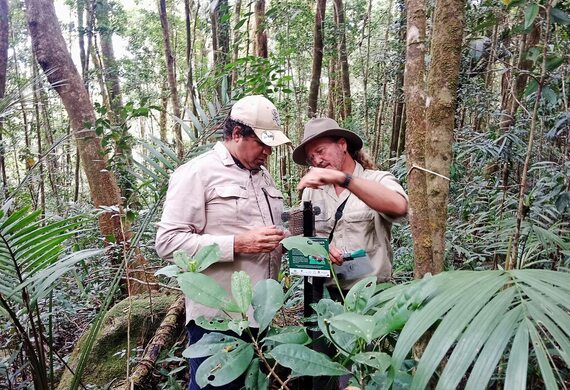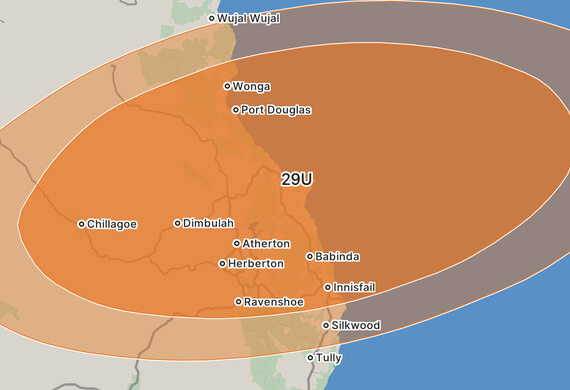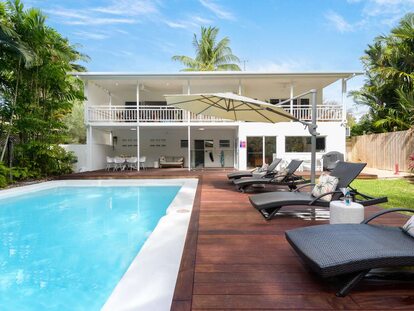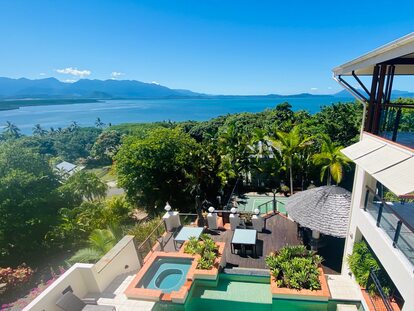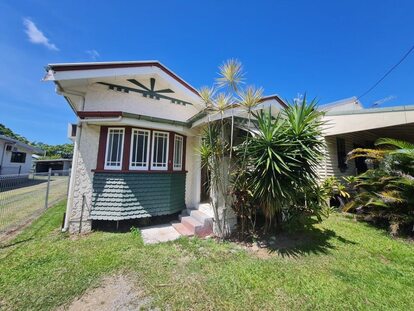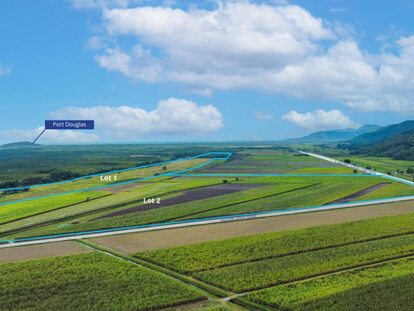Queensland shark policy in the protester firing line
FNQ Beaches
Close to 160,000 people have signed a new petition in the past week calling for the Queensland Government to stop trying to control shark numbers.
Queensland uses shark-control methods at 86 beaches across the state, including drumlines at Ellis Beach and other Far North Queensland beaches including Trinity, Palm Cove and Yorkeys Knob.
The petition, begun by Andre Borell of marine-wildlife advocate Envoy Foundation, was started after the State Government announced late last month it would be spending close to $90m to expand the shark-control program to seven more beaches in southern Queensland.
“The Queensland Government has announced a $90 million expansion of its shark culling program, despite evidence that it’s ineffective and has killed over 100,000 marine animals, including whales, turtles and dolphins,” the change.org petition stated.
Mr Borell said the use of shark nets and baited drumlines was “cruel” and “outdated”.
“These archaic and ineffective methods pose a huge risk - not only to endangered shark populations - but also to whales, dolphins, turtles, dugongs, and many other wildlife species.”
The petition stated that great white, bull, and tiger sharks were highly migratory, making shark-control methods “non-sensical”.
The Government, however, said it had “prioritised beach goers’ safety” by working to further cut down shark numbers.
The expanding shark-control program “combines proven safety measures like shark nets and drumlines”, it stated.
Primary Industries Minister Tony Perrett said the Government was putting “swimmer safety first”.
“Under the Crisafulli Government’s plan, more beaches will have more protections in place, there will be more money spent on new technologies and innovation, and more investment in leading research,” he said.
“The best science must inform our actions when it comes to fisheries.”
Qualified experts in marine fields were consulted for the KPMG Shark Control Program Evaluation Report, which led to the new announcement, he said.
The report found it was likely shark-control equipment, such as drumlines and nets, helped substantially lower shark attacks.
In the Great Barrier Reef Marine Park, if a bull, tiger or white shark is captured on a drumline, the contractor will tag the shark, relocate it and release it, where possible.
Many sharks, however, do not survive the process.
More than 100 sharks have been caught in the Cairns region so far this year and 214 were caught last year - which was a record number since records began in 2001.
In January, a group of Port Douglas commercial fishers told Newsport sharks had been eating fish from commercial fishing lines in much greater numbers since control nets were removed from the Great Barrier Reef Marine Park in 2019.
Bull shark numbers were now out of control, they said, with packs of sharks often following boats looking for food.
Several different types of shark were seen by the fishers taking commercial catches, including bull sharks, bronze whalers and whitetips.
Support public interest journalism
Help us to continue covering local stories that matter. Please consider supporting below.


